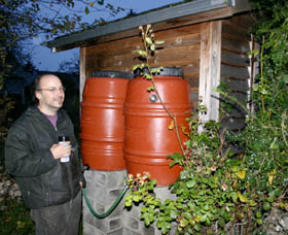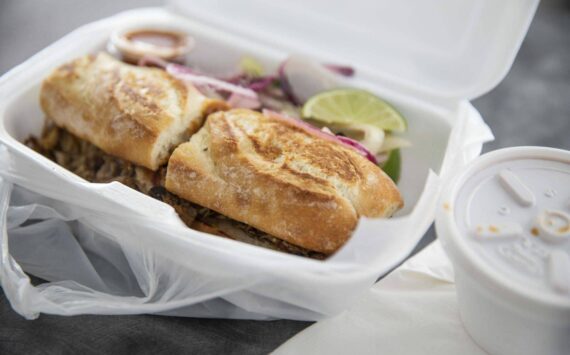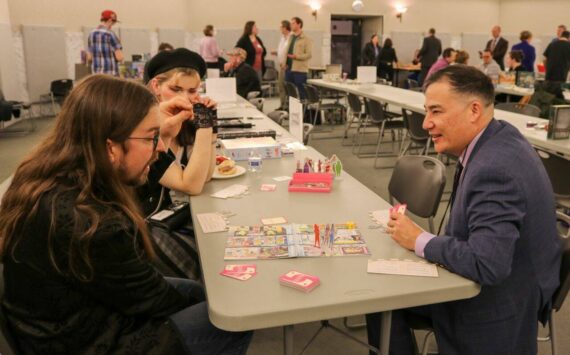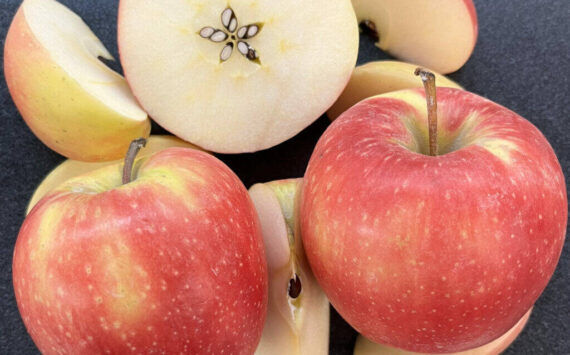For Tacoma resident Dan Borba, his greatest idea literally fell out of the sky.
Five years ago, while thinking of ways to conserve water and save money, Borba looked at his surroundings — specifically, the Pacific Northwest’s signature rainfall. Rain collected everywhere: on streets, in gutters, and on rooftops.
Why not collect some of that water for himself?
Borba placed a barrel outside his workplace and waited for the rain. “I was amazed at how much water I collected,” he recalls. That’s when he came up with the idea of manufacturing and selling rainwater barrels.
Harvesting rainwater is not a new idea. According to industry experts, the practice dates back to ancient Rome, where residences were built with individual cisterns and paved courtyards to capture rainwater and augment water from the city’s aqueducts.
But very few city dwellers harvest rainwater — a fact that Borba credits to the lack of familiarity with the process. Borba admits he knew very little about the process five years ago. A trip to the hardware store was fruitless (the shop owner had never heard of rainwater barrels). Environmental catalogues offered rain barrels, but they were too expensive.
Borba was undeterred.
“I liked the accessibility of rain barrels,” he says. “I felt like I could make one of these things.”
That said, he decided to start small. He bought 55-gallon pickle barrels from the Nalley plant in Milton for five-dollars a piece. He returned home, modified the equipment with nozzles, and set them outside his home.
Water quickly collected.
Borba used the non-potable water to rinse tools, wash his car, and water his garden. “The plants actually did better with rainwater because there were no chemicals such as chlorine or fluoride,” he explains
If harvesting rainwater worked for me, Borba thought, it could probably work for others. He produced more barrels and began marketing his products to customers.
The result?
Down To Earth Gadgets & Gizmos. In addition to manufacturing rain barrels, the small business also makes composters, plastic bag dryers (a tool for cleaning and re-using storage-seal bags), and canvas bags (an alternative to plastic or paper bags offered at grocery stores).
Borba’s rainwater barrels are simple. A typical model includes one 55-gallon barrel, spigot, overflow valve, and mesh-screened filter top (to keep mosquitoes out). He spends about 75 minutes building each barrel. Borba estimates that one inch of rainfall on a 1,000-square-foot surface can yield 623 gallons of non-potable water. A typical rainwater barrel sells for $49. He estimates sales of approximately 400 rain barrels over the past several years.
Despite the simple design, he has tweaked with the basic model quite a bit. “It is a simple design, yet it’s amazing how many modifications I have made over the years,” Borba explains.
One improvement: placing the spigot low on the barrel, rather than high. This allows easier access and more water pressure.
Another improvement: designing a trough-shaped lid that traps the rainwater.
Last year, Borba sold 52 barrels to the City of Sea-Tac.
He received a $2,500 Make A Splash grant from City of Tacoma Surface Water Management this month. The funds will be used to install rain barrels at L’Arche Tahoma Hope Community Garden, where the water will be used in a hand-washing station and potting sink; the Garden Circles Community Garden, which benefits 20 low-income citizens; and at Whitman, Grant and Washington/Hoyt elementary schools.
He also sells his products at the Proctor Farmer’s Market.
Borba keeps a scrapbook of photographs to document the various ways customers use his products. In one photograph, a woman washes her hens with the rainwater. In another, Borba’s dad washes his car (an environmentally friendly Toyota Prius).
Borba admits that the concept of harvesting rainwater is a tough sell. “It takes a little convincing,” he says. “But it’s made me think of just how much water we use.”
For more information, visit naturalrainwater.com.










